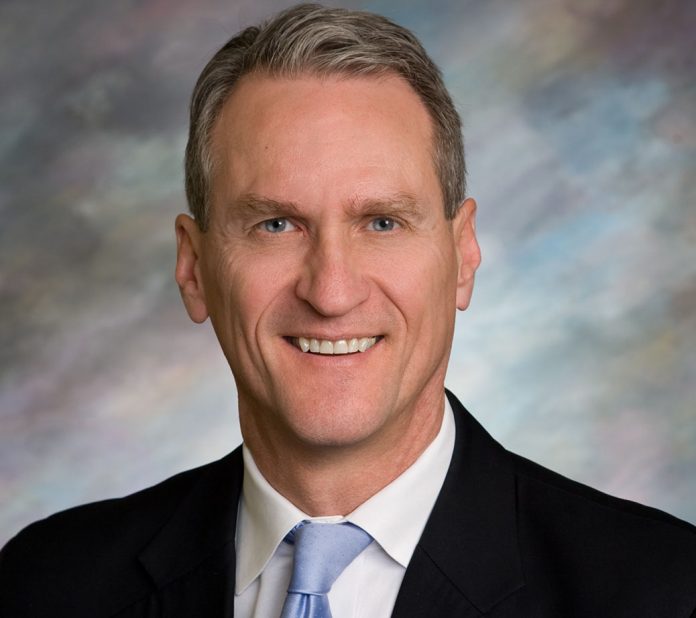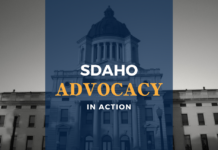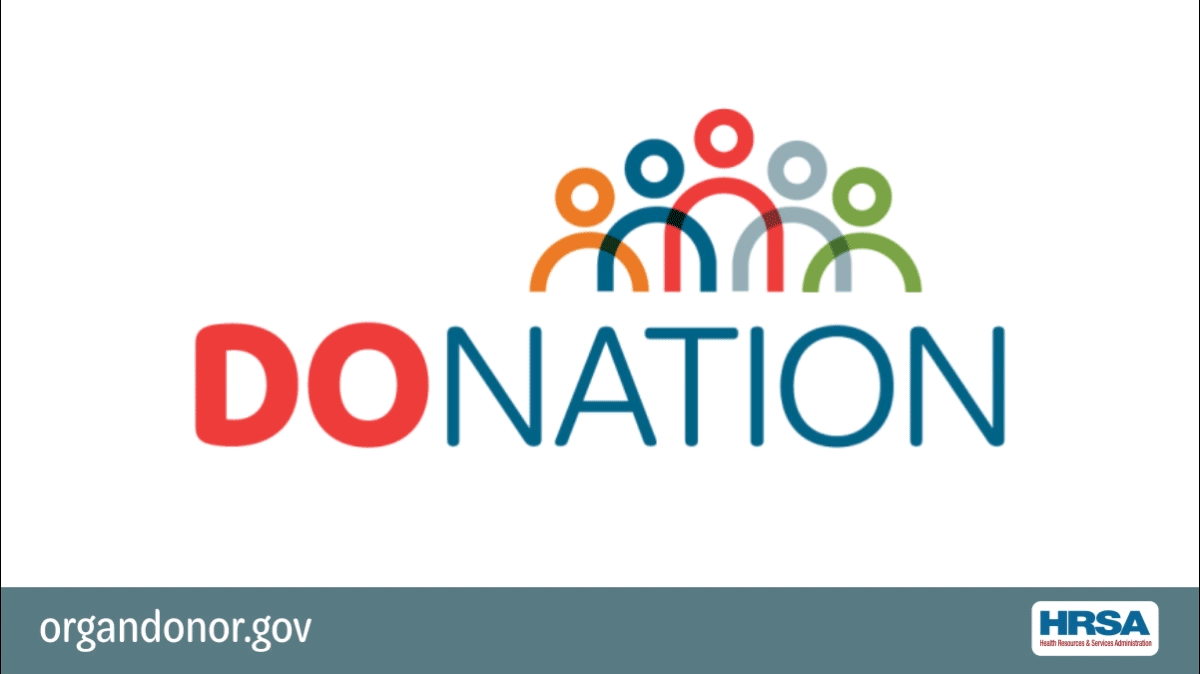
Gov. Dennis Daugaard announced Tuesday that he will not ask the South Dakota Legislature to consider his plan to expand Medicaid during the upcoming session.
On Monday, key health care advocates and members of SDAHO met with the governor’s team to discuss opportunities to explore Medicaid reform initiatives. Kim Malsam-Rysdon, secretary of the South Dakota Department of Health, shared with the group that there may be opportunities for improving access to care through innovative delivery reform.
One of the items discussed was the prospect of transforming systematic problems at the national level for Medicaid, especially given that the Republicans will control the U.S. House, U.S. Senate and the presidency in 2017. This is viewed as positive news as it opens the door to reform on the national level, including cementing in law recent Indian Health Services (IHS) policy changes. In addition to national reform, the health system advocacy team, SDAHO, and the governor will continue the work of improving access to health care in South Dakota for the state’s working poor. This will include, exploring the opportunity to improve access through innovative delivery reforms by leveraging the IHS policy change implemented earlier this year by the Centers for Medicare and Medicaid Services (CMS).
Moreover, SDAHO will continue supporting our Congressional delegation’s efforts to improve IHS health care through legislation. Given post-election changes, we are hopefull that previously introduced legislation will have a better chance of becoming law. These bills include Rep. Kristi Noem’s Helping Ensuring Accountability, Leadership, and Trust in Tribal Healthcare (HEALTTH Act, HR 5406) and Sen. John Thune’s Indian Health Services Accountability Act (S 2953).
There is still a great deal of information unfolding related to potential healthcare changes, the SD Healthcare Solutions Coalition will meet again on Jan. 11. This broad group of stakeholders convened by Gov. Daugaard includes tribal leaders, legislators, medical providers, IHS and the executive branch.






